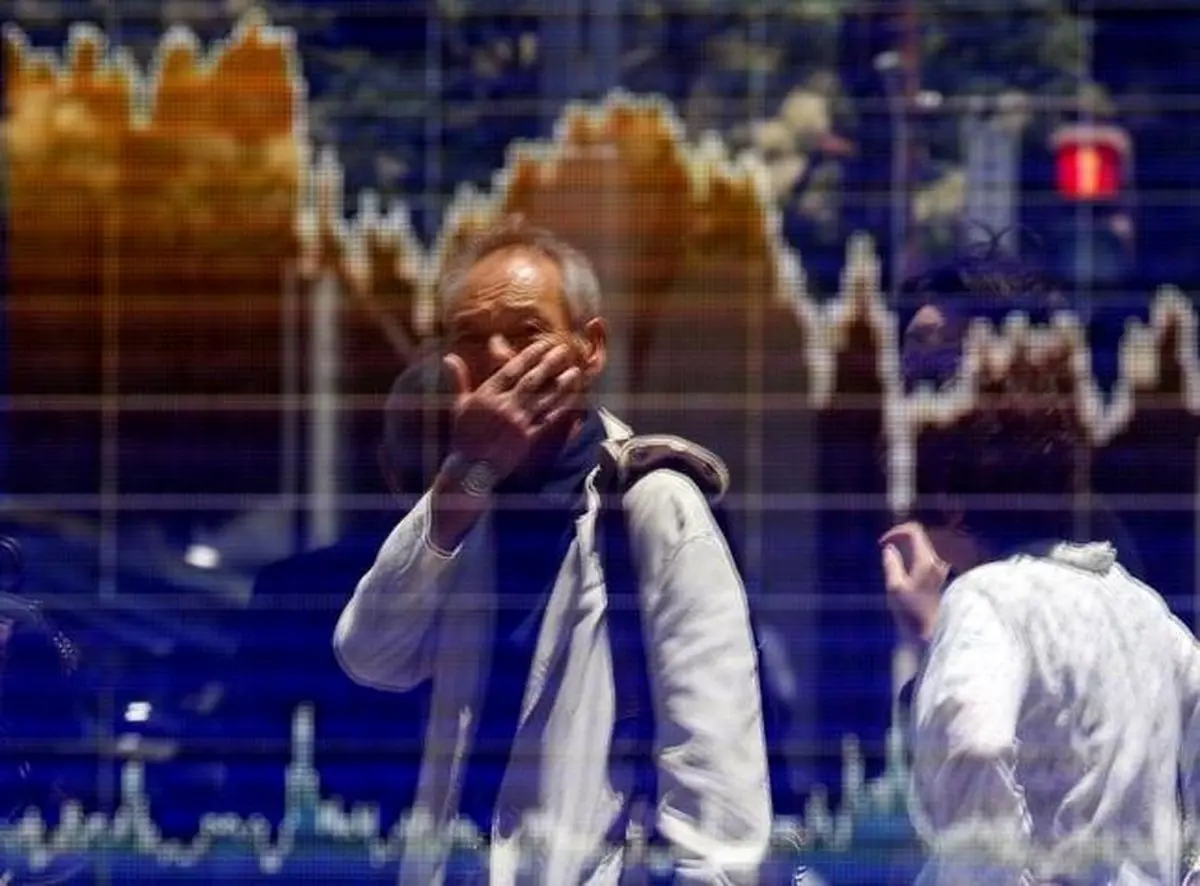Asia stocks shrug off cyberattack and North Korea threats

Asian stocks were resilient on Monday, edging up to a two-year high after shaking off threats posed by a ransomware attack that locked up more than 200,000 computers in over 150 countries, a missile test by North Korea and weak U.S. data.
The yen and gold, which inched up in early trade, pulled back as risk aversion ebbed.
Oil prices jumped after Saudi Arabia’s energy minister and Russia’s oil minister said in a joint briefing that they agreed output cuts need to be extended until March 2018.
U.S. crude added 1 percent to $48.32 a barrel.
Global benchmark Brent was also up 1 percent to $51.37 a barrel.
MSCI's broadest index of Asia-Pacific shares outside Japan rose 0.1 percent. It touched its highest level since June 2015 earlier in the session.
MSCI's emerging markets benchmark was 0.2 percent higher, having also touched a two-year high earlier on Monday.
Japan's Nikkei narrowed losses to 0.15 percent.
The weekend cyber attack, which slowed down after a security researcher stumbled on a way to at least temporarily limit the worm's spread, was expected to speed up on Monday when employees returning to work turned on their computers.
But with little evidence of widespread disruption in the region on Monday, investors appeared unalarmed, at least for now.
"We do not know the extent of damage or information that was captured in the attack; it’s likely we’ll hear more details about it today but initial reports suggest it was caught relatively early and limited to older computers," said James Woods, global investment analyst at Rivkin.
North Korea said on Monday it had successfully tested a newly developed mid-to-long range missile on Sunday aimed at verifying the capability to carry a "large scale heavy nuclear warhead." The missile landed in the sea 97 km (60 miles) south of Russia.
South Korea's military said it needs further analysis on the North's claim of technical advancement and that the possibility of the isolated nation mastering missile re-entry technology is low.
North Korea is believed to be developing an intercontinental ballistic missile (ICBM) capable of carrying a nuclear warhead and reaching the mainland United States.
The Korean won weakened, with the dollar up 0.25 percent at 1,125.20 won on Monday.
"The Korean won has weakened, which may suggest the test has traders a little on edge,” Rivkin's Woods said.
Chinese shares advanced 0.5 percent, as stronger retail sales and property investment offset weakness in factory output and fixed-asset investment growth.
Chinese retail sales for April beat expectations to rise 10.7 percent from a year ago, while property investment growth accelerated to 9.3 percent in the first four months of 2017 from 9.1 percent in the first quarter.
Factory output growth rose 6.5 percent in April from a year ago, while fixed-asset investment grew 8.9 percent in the first four months of the year, both missing analyst expectations.
Australian shares shrank early losses to trade flat. South Korea's KOSPI climbed 0.15 percent.
On Friday, the S&P 500 and the Dow Jones Industrial Average closed lower after growth in retail sales and consumer prices missed expectations, and worries deepened over the health of department stores after weak earnings reports.
The dollar was marginally higher at 113.36 yen , following Friday's 0.5 percent loss.
The dollar index, which tracks the greenback against a basket of major trade-weighted peers, was little changed at 99.219.
U.S. Treasury yields dropped to 2.3222 percent. On Friday, they closed at 2.333 percent from Thursday's close of 2.4 percent, their biggest one-day drop in more than three weeks.
The euro was little changed on Monday at $1.093, after jumping 0.7 percent on Friday.
Gold prices added 0.2 percent to $1,230.06 an ounce, extending Friday's 0.3 percent gain, thanks to the weaker dollar.
END
